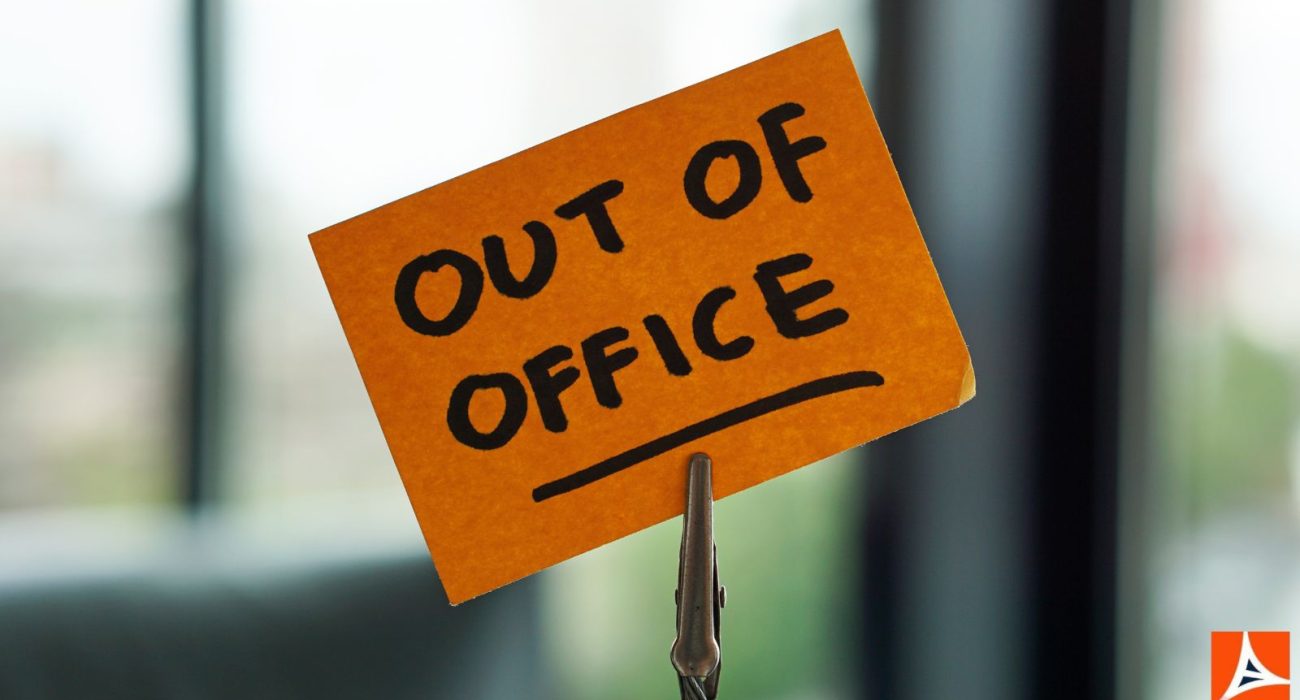Unpaid leave in Israel is a situation in which you are not working temporarily and not receiving a salary but are still officially employed by the company. Whether this situation was of your choosing or decided upon by your employer, you do have rights which must not be impinged on.
When unpaid leave is taken
Unpaid leave can be taken when you need time off due to illness (beyond regular sick days), a trip, extension of maternity leave etc. It can also be suggested by the employer, when there isn’t enough work or funds to pay salaries but there is hope that the financial status of the company will improve and the job will become viable again. This type of leave was widespread during Covid and has also been implemented during Iron Swords, especially in the tourism industry which took a big hit due to the war.
Unpaid leave can only be taken with the consent of both the employee and the employer. The only case in which the employer doesn’t have to agree is when a new mother extends her maternity leave. Legally, she can take up to a quarter of the time she has been working at the same place of business, but not more than a year.
If an employer forces you to take unpaid leave, you are within your rights to quit, claim deterioration of work conditions and be treated as if you were fired, as long as you notify the employer of your intention to quit for this reason and give them a chance to rectify matters. If the leave is lengthy and has no end date, this is equivalent to firing you.
When permission is required
There are some situations in which an employer can instigate unpaid leave only with special permission from the office responsible for women’s labor law:
- Pregnant woman
- Mother or father on parental leave
- Employee (male or female) undergoing fertility treatments
- Potential parent
- Person in the process of fostering a child
- A woman residing in a shelter for victims of domestic violence
Financial rights
While on unpaid leave, you don’t get a salary, of course (that’s the unpaid part), but you are paid for sick days and vacation days you aren’t using. If your employer puts you on unpaid leave for his own purposes, you can collect unemployment if the leave lasts longer than 30 days.
Your employer is not responsible for paying any perks, like use of company property or holiday gifts during the period of unpaid leave.
Seniority
Your seniority status at the company will not be lost during unpaid leave but you won’t accrue more. Seniority for severance pay continues if the leave is up to 14 days long; after 14 days, the period of leave is not counted as work time, and you won’t get severance for it.
Pension
Your employer is not obligated to pay your pension during unpaid leave, but they are responsible for informing your management company that it is not being paid. In order to avoid losing certain benefits, contact your pension company and arrange to pay the minimum amount that keeps the fund active.
Bituach Leumi
If you are on unpaid leave for more than two complete calendar months, your employer pays Bituach Leumi for two months as if you were working for minimum wage. If you worked for part of each of those months, Bituach Leumi will be withdrawn from your salary as usual. After two months, you need to arrange to pay Bituach Leumi directly unless you are collecting unemployment, in which case it will be withdrawn automatically.
Income tax
When you return to your job, you will likely be owed income tax, since in the months previous to your leave you paid a percentage on the assumption that you would be working a full year. In a situation where you were collecting unemployment, you may not be eligible for a refund. When you return to work, bring your Bituach Leumi payment statements to your employer and ask if you are owed. If you were supposed to receive a refund, but it didn’t show up automatically in your salary, file taxes at the end of the calendar year for a recalculation.
Going back to work
When you return to work, you must have the same work conditions as before, but you don’t necessarily have to be returned to the same position. The employer is allowed to restructure the workplace in your absence and assign you a different job, providing that your salary and other work conditions stay the same. If conditions have deteriorated, you are within your rights to quit and be considered as fired.

